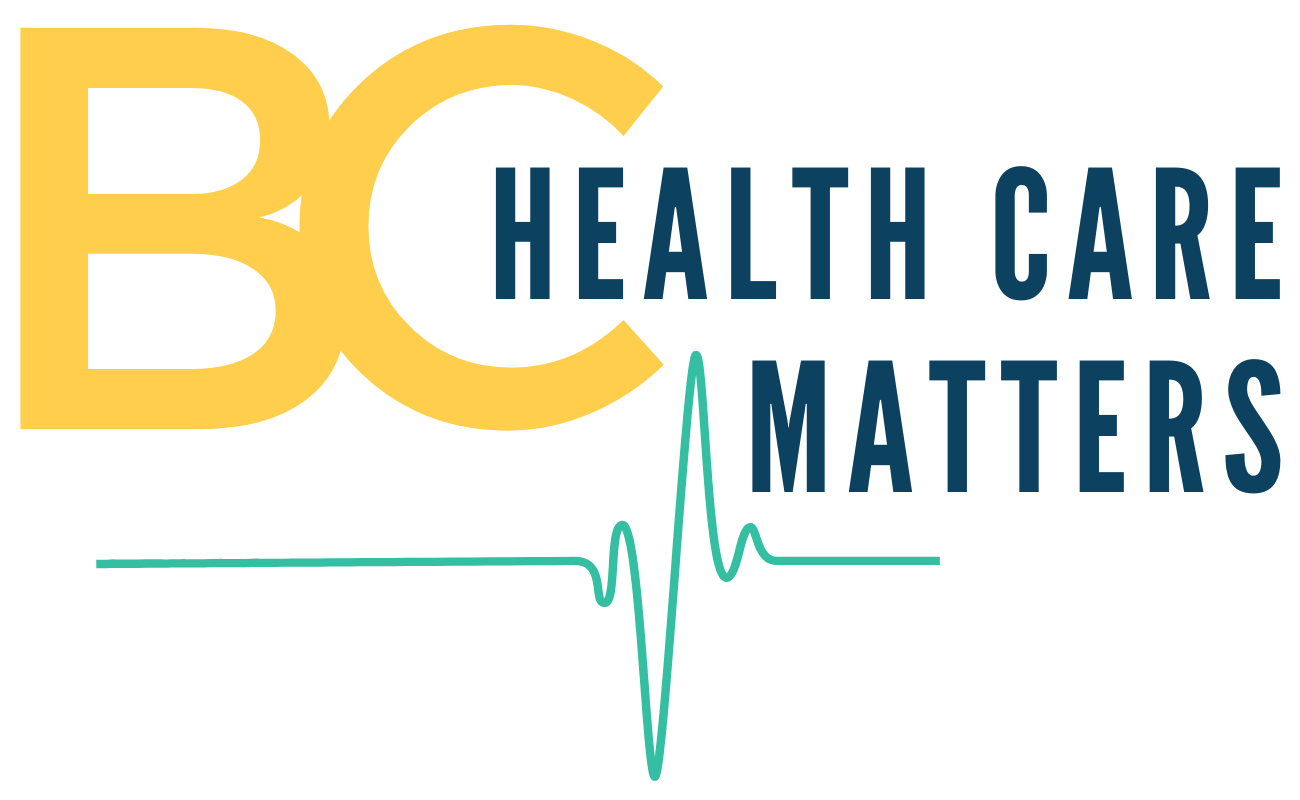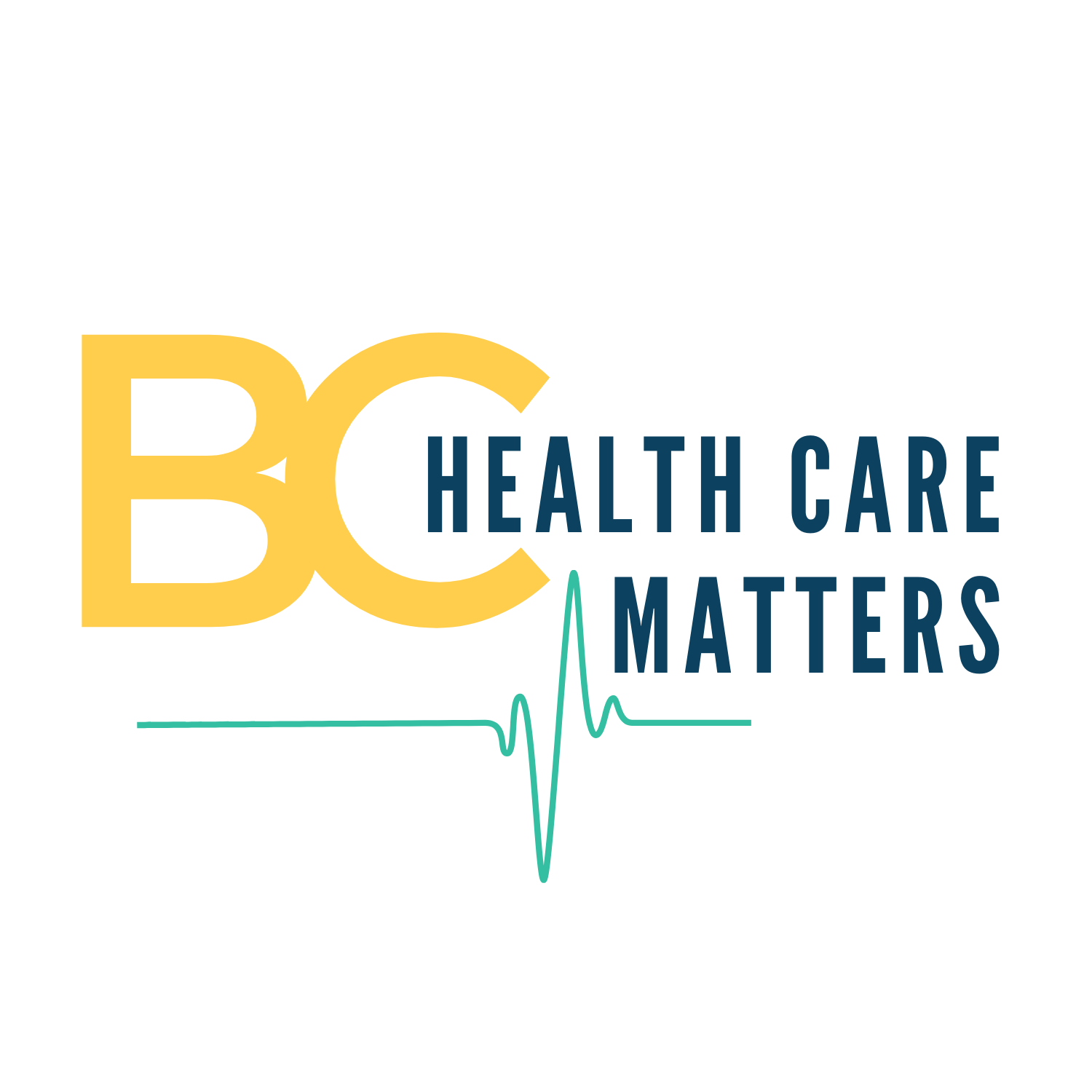Private Health Care on the Public Dime?
It is no secret that our healthcare system has been on the brink of collapse. With almost 1 in 5 residents of BC without a family doctor, many are struggling to get any sort of medical care. We hear stories daily from residents that can’t see a doctor when sick, can’t get prescriptions or referrals and can’t get treatment for serious illnesses due to incredibly long wait times to see specialists.
Private health care clinics can be seen as an option by people in need of medical care. However, what we see in these clinics is NOT private health care. Private health would be when a doctor would de-enroll from MSP and instead of billing the government, they would bill the patient. Also, according to MSP, laboratory tests ordered by de-enrolled physicians, along with specialist referrals, diagnostic imaging referrals and other services are not covered, meaning the patient is responsible for the costs and not eligible for reimbursement. Because it’s a private care.
However, that is not what seems to happen in these quasi-private clinics in BC today. The doctors practicing in these so called private clinics are enrolled in MSP, according to the MSP Blue Book for 2021/2022, bill publicly for patient visits and refer paying clients of the clinics into the public system for laboratory exams, medical imaging and specialist referrals. Meanwhile, over 1 Million British Columbians that don’t have a family doctor, or thousands of dollars to pay for a concierge membership, don’t get to see a doctor nor do they get referrals when they need them.
Is this truly private care? Or is it paying for access to public health care and public health services?
The true cost of “private” care in BC
All this has a cost to all of us in BC. This article details how BC laboratories have been struggling to get out test results in time. In fact, the laboratories are so overwhelmed that it’s currently taking months for patients to get results for tests such as Pap smears. This article details how delays in specialist wait times are leaving many patients without access to medical care, sometimes resulting in preventable deaths. In this article, a man details how the overburdened medical system and long wait times have affected his friend whose cancer was not caught and treated in time.
We have to wonder what impact do referrals from quasi-private clinics have on these waitlists. When these clinics promise and deliver access to laboratory testing, medical imaging and specialist referrals, how much of a burden does it place on the public system? How much longer does the queue become for those waiting in line when paying patients have easy access to a doctor ready to write them the referrals they need on demand? And, is it fair that those services accessed by paying customers of quasi-private clinics are funded by all of our tax dollars?
Concerns regarding private care
We spoke to a doctor, who chose to remain anonymous, to better understand how quasi-private care clinics that make use of the public system can be problematic. One of the first concerns the doctor expressed was regarding the very premise of the concierge health care and extensive health examinations. While regular checkups in the context of longitudinal care might seem ideal for patients, when done in these clinics they can lead to unnecessary testing and diagnostic cascades that can lead to overdiagnoses and unnecessary treatments. This can lead to patient anxiety, cause more administrative work for physicians and waste public resources which are already scarce in our health care system today.
The doctor also expressed concern about the shift in the doctor-patient relationship, where the now paying client can have different expectations and make different demands such as requesting additional unnecessary tests or consultations. All of this can end up influencing the standard of care and affect the way doctors practice medicine based on evidence and expertise when they have to cater to paying client demands. The role of a doctor is to also be a gatekeeper for public resources but will they be able to continue to do that when the clinics themselves promise unlimited access to resources in their packages?
This type of fee-based quasi-private care we are seeing in BC today can present a cause for concern because it siphons resources from public care. For every doctor working in a private clinic, there is one doctor less working in the public clinic. This puts more strain on our health care system and leaves more patients without access to a doctor and care. This type of quasi-private care can also lead to unethical care, where people that can pay jump queues and get faster access to tests, specialists and resources. Lastly, doctors practicing in a private care setting could be setting up a conflict of interest. The doctor ended with: “Profit and the practice of medicine are at odds”.
Is private care contributing to our health care crisis?
How is it fair that paying clients get access to the care the rest of us don’t despite paying for it with our taxes?
Are these quasi-private clinics, who offer customized, executive health assessments while using public resources, satisfying their clients at the cost of other residents’ lives?
How much are the lab tests, the referrals, and the “unlimited” visits with MSP billing doctors costing the system in both money and lives?
Will family doctors working in quasi-private clinics be able to qualify for the new payment model, where they can bill the public system for administrative work done for the quasi-private clinics?
How much extra money are these quasi-private clinics costing us, the taxpayers, today? How much more will they cost us in the future?
Resources
To report any inappropriate medical billing practices, file a complaint with the BC Billing Integrity Program Complaint.
To file a complaint regarding a physician licensed to practice in British Columbia visit the College of Physicians and Surgeons of British Columbia.
To submit an anonymous tip or share your story, visit our Anonymous Tip page


